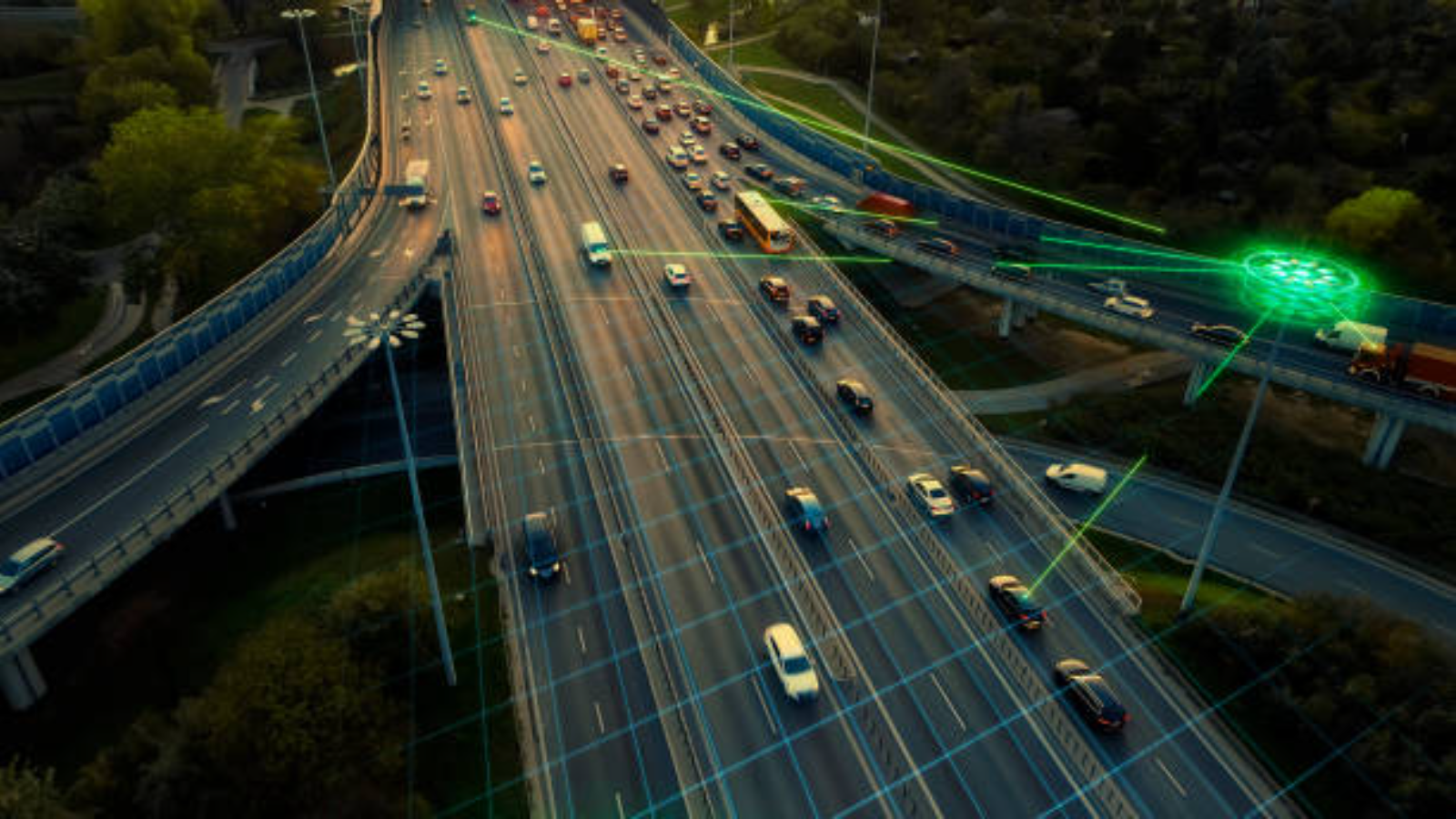In this Article
Introduction
As urbanization accelerates, cities worldwide face mounting challenges related to infrastructure, resource management, and quality of life. The smart city concept emerges as a revolutionary solution, leveraging technology and data to create more efficient, sustainable, and livable urban environments.
This guide will delve into the core components of the smart city concept, explore future trends, and discuss the challenges that lie ahead.
Smart City Concept: Future Trends and Challenges
1. Smart Infrastructure
Smart infrastructure forms the foundation of a smart city, integrating advanced technologies to optimize the management of urban resources.
- Smart Transportation: Intelligent traffic management systems, autonomous vehicles, and efficient public transportation networks help reduce congestion, lower emissions, and improve mobility. Future trends include the integration of flying taxis and hyperloop systems.
- Smart Energy: Renewable energy sources, smart grids, and energy-efficient buildings contribute to sustainable energy consumption and reduce the environmental footprint. Emerging trends involve the use of blockchain for energy trading and decentralized energy systems.
2. Connectivity and Communication
A smart city relies on robust connectivity and communication networks to support various applications and services.
- High-Speed Internet: Ubiquitous high-speed Internet access ensures that residents and businesses can stay connected and access essential services. Future trends include the expansion of satellite internet and mesh networks.
- 5G Networks: The deployment of 5G networks enhances data transmission speeds, supporting advanced applications like autonomous vehicles and smart grids. The next step will be the development of 6G technology, promising even faster speeds and lower latency.
3. Data Analytics and Artificial Intelligence
Data analytics and artificial intelligence (AI) are critical for processing the vast amounts of data generated by smart city technologies.
- Data Analysis: Advanced analytics tools process and interpret this data, providing valuable insights for city planners and administrators. AI-driven predictive analytics will become more prevalent, enabling proactive urban management.
- AI Applications: AI-powered systems can predict and respond to urban challenges, such as traffic congestion or energy demand, in real time. Future advancements in AI ethics and transparency will be crucial to address privacy concerns.
4. Citizen Engagement and Services
A smart city prioritizes the well-being and engagement of its residents, offering services that enhance their quality of life.
- E-Government Services: Digital platforms streamline access to government services, making it easier for residents to interact with city officials and access essential information. Future trends include AI chatbots and blockchain-based voting systems.
- Public Safety: Smart surveillance systems, emergency response coordination, and predictive policing enhance public safety and security. Future advancements may include AI-driven crime prediction and response systems.
5. Sustainability and Environmental Impact
Sustainability is a core principle of the smart city concept, aiming to minimize environmental impact and promote eco-friendly practices.
- Green Buildings: Energy-efficient buildings with smart heating, cooling, and lighting systems reduce energy consumption. Future trends include the development of net-zero and positive-energy buildings.
- Renewable Energy: Solar, wind, and other renewable energy sources power city infrastructure, reducing reliance on fossil fuels. Emerging trends include the use of bioenergy and marine energy sources.
Future Trends
The smart city concept is continuously evolving, with several future trends set to shape the urban landscape:
- Autonomous Technologies: From self-driving cars to drones, autonomous technologies will revolutionize transportation, delivery, and surveillance.
- Blockchain Integration: Blockchain technology will enhance transparency, security, and efficiency in various urban applications, from energy trading to land registry.
- Smart Grid Evolution: The development of microgrids and virtual power plants will enable more resilient and flexible energy systems.
- AI and Machine Learning: Advanced AI and machine learning algorithms will drive more intelligent and adaptive city management systems.
Challenges
Despite the promising future, smart cities face several challenges:
- Data Privacy and Security: Ensuring the privacy and security of the vast amounts of data collected is a significant concern.
- Digital Divide: Bridging the gap between tech-savvy and underserved populations is crucial to ensure inclusive urban development.
- Regulatory Hurdles: Navigating complex regulations and standards can slow down the implementation of smart city technologies.
- Funding and Investment: Securing adequate funding and investment for large-scale smart city projects remains a challenge.
Conclusion
The smart city concept represents a transformative approach to urban development, leveraging technology and data to create more efficient, sustainable, and livable cities. By focusing on smart infrastructure, connectivity, data analytics, citizen engagement, and sustainability, cities can address the challenges of urbanization and improve the quality of life for their residents. However, addressing future trends and overcoming challenges will be crucial for the successful implementation of smart city initiatives.
How Can We Help?
The AlphaX ecosystem is designed to address the challenges faced by modern cities. Our comprehensive suite of solutions includes smart infrastructure, data analytics, and citizen engagement tools that help cities become more efficient, sustainable, and livable. To learn more about how AlphaX can support your city’s transformation, visit our contact page.
References
Related Blog Posts
How Smart Cities Connect: Getting Started with Edge AI and IoT Technology
How to Get Started with Edge AI and IoT Technologies in Smart Cities: Overcoming Integration Challenges In recent years, the concept of smart cities has evolved from a futuristic Read More
5 Step Strategy: Ensuring Security and Privacy in 15-Minute Smart Cities
Introduction Ensuring security and privacy in 15-minute smart cities is a critical challenge as urban areas become increasingly connected through IoT and edge AI technologies. These cities aim to Read More
What is a smart city and the challenge of legacy systems
How to Get Started with Integrating Legacy Systems in Smart Cities Smart cities are transforming urban landscapes by leveraging technology to improve the quality of life for residents. However, Read More




